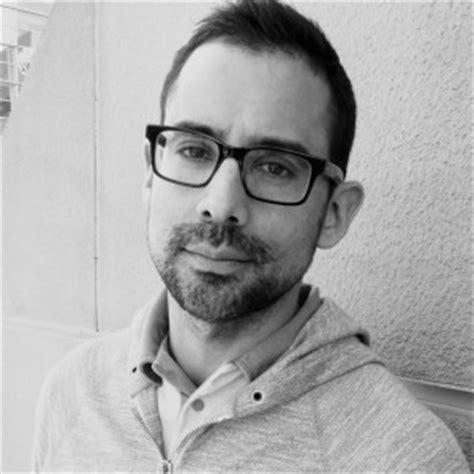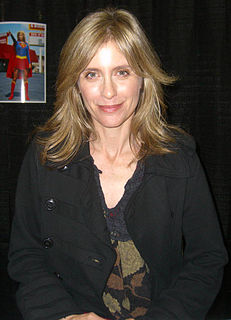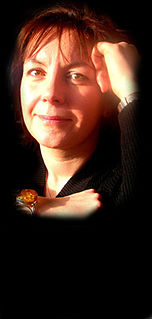A Quote by Charles Bukowski
Some of my poems indicate that I am writing while living alone after a split with a woman, and I've had many splits with women. I need solitude more often when I'm not writing than when I am.
Related Quotes
The process of writing a book is infinitely more important than the book that is completed as a result of the writing, let alone the success or failure that book may have after it is written . . . the book is merely a symbol of the writing. In writing the book, I am living. I am growing. I am tapping myself. I am changing. The process is the product.
It is a bit more challenging for the simple fact that now the stories I am writing are relying more on my imagination than on facts, more on research than on memory; so it is basically a slower writing process, more reading, more exploring. On the other hand, this approach is a little bit relieving too, since many times while writing [How the Soldieer Repairs the Gramophone] I felt too close and equal to my character.
Writing for me is an ongoing practice of facing and countering fears. And so, in that sense, I have always been responding to phobias. I am often most surprised by the writing that comes from facing fears that strike closest to home, poems that explore internalized phobias about gender identity, sexuality, and the body, poems that struggle with a question like do I deserve love?
Muses are fickle, and many a writer, peering into the voice, has escaped paralysis by ascribing the creative responsibility to a talisman: a lucky charm, a brand of paper, but most often a writing instrument. Am I writing well? Thank my pen. Am I writing badly? Don't blame me blame my pen. By such displacements does the fearful imagination defend itself.
When I worked on a magazine, I learned that there are many, many writers writing that can't write at all; and they keep on writing all the cliches and bromides and 1890 plots, and poems about Spring and poems about Love, and poems they think are modern because they are done in slang or staccato style, or written with all the 'i's' small.
So many writers come to class with one question dominant in their mind, 'How do I make a living from this?' It's a fair enough question and one I always try to answer well- but it saddens me that it so often overshadows the more relevant questions of 'why am I writing' and 'what am I saying' and 'how do I keep it honest.



































